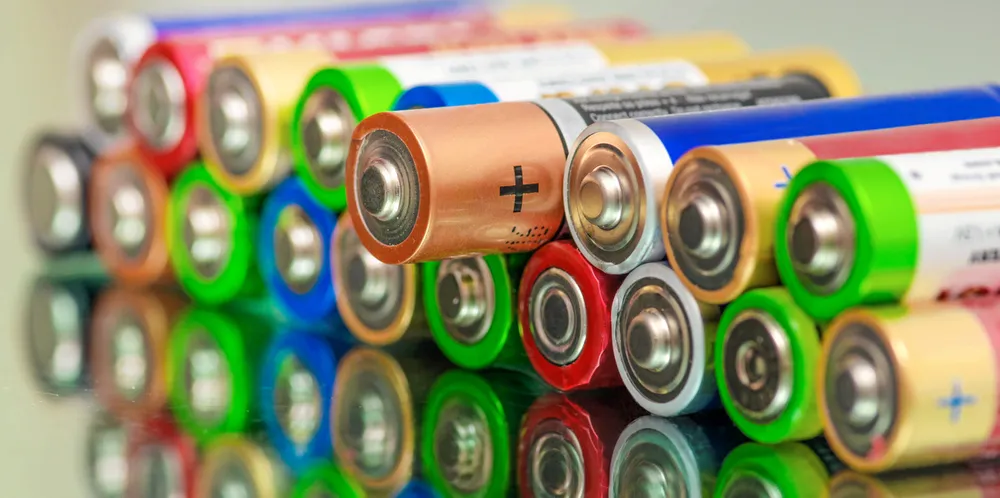New battery tech on the rise with sodium ‘one to watch’, say patent experts
Limitations of industry-standard lithium-ion batteries continue to drive development of alternatives

New batteries using alternatives to lithium are gaining traction, according to a report on patents being issued in the sector that identified sodium-ion batteries as “one to watch” and revealed which country is the “epicentre” of innovation.
Lithium-ion batteries are “presently unrivalled in their success” but there is “space for technological improvements,” said the report by UK intellectual property law firm Appleyard Lees.
Lithium-ion batteries have become the kingpin of the energy storage ecosystem due to their energy density – meaning they can pack a huge amount of power into a small space – and long lifecycle.
These limitations have created a “significant driving” force for developing alternatives, said the report. Research continues worldwide into more “cost-effective and greener batteries” using more abundant materials.
Patent filings relating to manganese, iron and magnesium batteries have risen “steadily but slowly” over the past two decades, said the report.
“Sodium and zinc have enjoyed more attention,” it said, “with a notable spike in filings in the early 90s and resurging interest over the past decade.”
There was a large spike in filings for batteries using sodium – widely available around the world – between 2013 and 2015, peaking at over 120 a year. There are also claims that sodium-ion batteries “charge faster than lithium-ion, have a higher lifecycle and a lower cost.”
The report says heightened attention around sodium-ion batteries at the moment marks them out as “one to watch.”
Zinc also had a notable bump to almost 80 patent filings in 2020. “The spike in zinc-related filings was not maintained, but recent filing levels remain at historic highs,” said the report.
Key innovators in these alternate battery technologies are carmaker Toyota, trading group Sumitomo and ceramics company NGK Insulators, which all hail from Japan.
Japan is the “epicentre of innovation” in this area, found the report, followed by South Korea and the United States.
Despite progress among alternatives, filings for lithium-ion batteries continue to outstrip them and grow at a “steady and impressive pace.”
After reaching an all-time high in 2018, patent filings in 2021 for redox flow battery technology – which captures electrical energy in the form of chemical potential energy – fell by 30% against the 2018 peak.
Appleyard Lees partner and patent attorney, David Walsh, said: “Strong upward trends in patent filings across all developing battery technologies confirm that interest and investment are growing year-on-year.”
“This will hopefully, in time, lead to next-generation materials and engineering solutions able to challenge the status quo and offer solutions to the limitations of Li-ion batteries.”
(Copyright)